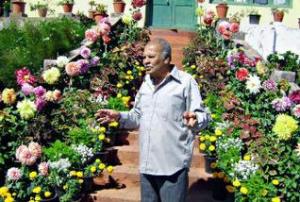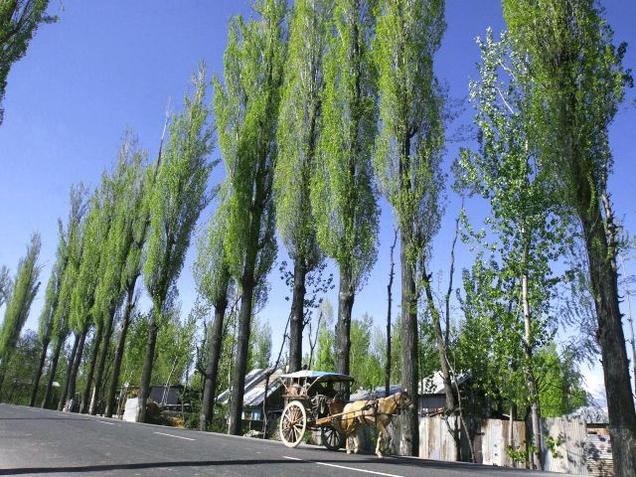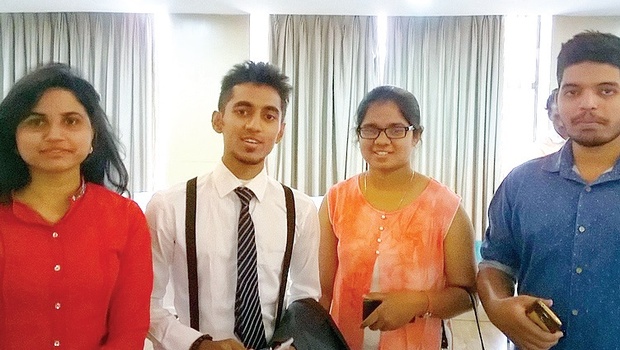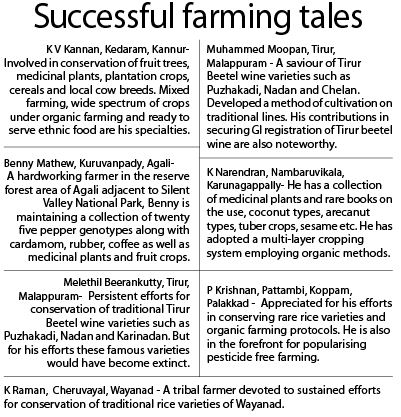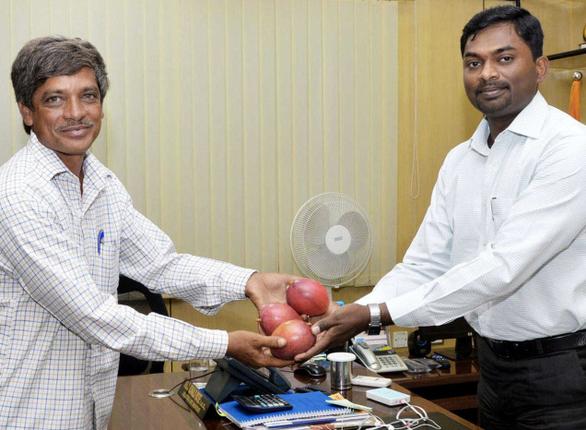Mangaluru, KARNATAKA :
In Mangaluru, a family conserves Indian breeds of cattle with a missionary zeal
At a time when communally charged feelings are nurturing suspicions linking the Muslim community with beef consumption and a threat to cows, here’s a heartening case that may help cast away such generalised conceptions.
A Muslim family in Uppinakote in Brahmavar taluk of Udupi district has for decades nurtured a passion about, and striving to conserve, the desi cattle breeds.
The star attraction at the recently organised Krishi Mela in Udupi were two well-built Raja Sahiwal Breeder bulls – a 36-month-old, weighing 650 Kg; and a 32-month-old, weighing 570 kg. Both the bulls are from Manama Farm House, owned by 66-year-old Sheikh Zainul Abideen and his four sons – Nowshad Ahammad (29), Mumshad Aalam (36), Mohammed Irshad (31) and Sheikh Mudassir (22).
Nowshad, who works as a deputy technical manager for a Norway-based ship repair company in Saudi Arabia, informed Bangalore Mirror that the passion for conserving desi cattle breed came down from his father Sheikh Zainul, who, after working as a chef for 14 years in Bahrain, returned to India 30 years ago and set up an agricultural-cum-dairy farm with a few desi and Jersey cows.
“Our home was a paradise. We supported our father in maintaining the farm along with our studies. But we never went out to play cricket or any other sports; instead we would play with the cattle,” says Nowshad.
The family owned a total of 23 milk cows. Five years ago, Sheikh Zainul Abideen completed a hat-trick of awards (three consecutive years) for being the largest milk producer in the area.
“As kids, getting back from school meant watching Dad help an animal or bird in distress…even snakes,” says Nowshad, describing his father’s passion.
“However, we were shocked when a few our cattle suddenly died. Veterinarians, including those from KMF (Karnataka Milk Federation) visited the farm, but they failed to find out the reason for the deaths,” Nowshad said.
The tragedy forced the family to sell the rest of the cattle. But they did not give up their passion. They studied a variety of Indian cattle breeds and came upon the Sahiwal breed, a breed of Zebu cattle primarily used in dairy production. The Sahiwal breed originated from the Sahiwal district of Punjab province in Pakistan.
Having learnt about the family’s keenness to get the Sahiwal breed to Udupi, a person known to the family assured them that he would get the breed to Manama Farm House and took an advance of Rs 10,000.
“However, once he came with the cattle, he refused to give them to us because we were Muslims. We begged him but he failed to be convinced. Within one year, we noticed that the cattle were very weak and looked as if they would die anytime. We paid another Rs 10,000 and brought the cattle home. They started recovering; and were the star attraction at the Krishi Mela,” Nowshad said. Currently, the Manama Farm House has six Sahiwal breed bulls. By February next year, they hope to buy another three directly from Punjab.
“Our dream is to popularise the desi breeds and promote cattle-rearing. Having participated in conferences abroad, we see the Indian breeds have a huge potential,” he said.
Of the brothers, the eldest Mumshad (who worked in Saudi Arabia for nearly seven years to start an aquarium-cultured fish farm) and the second eldest Irshad help their father with the agricultural, dairy as well as a catering business. Their mother Mehrunnisa is a home-maker and helps in the daily routine running of the place. The youngest brother Mudassir has completed a diploma in diesel mechanics and is staying in Udupi.
The Manama Farm House is also famous for Kadaknath breed of chicken from Madhya Pradesh, which ensures steady supply for the catering business.
source: http://www.bangaloremirror.indiatimes.com / Bangalore Mirror / Home> News> States / by Deepthi Sanjiv, Bangalore Mirror Bureau / November 08th, 2016
